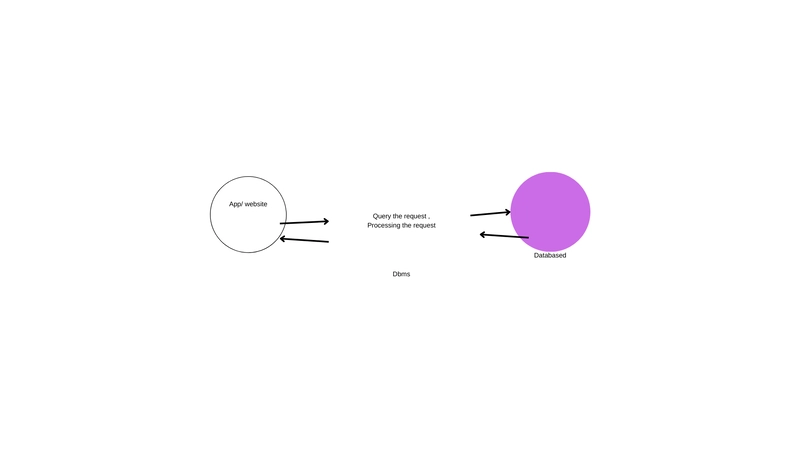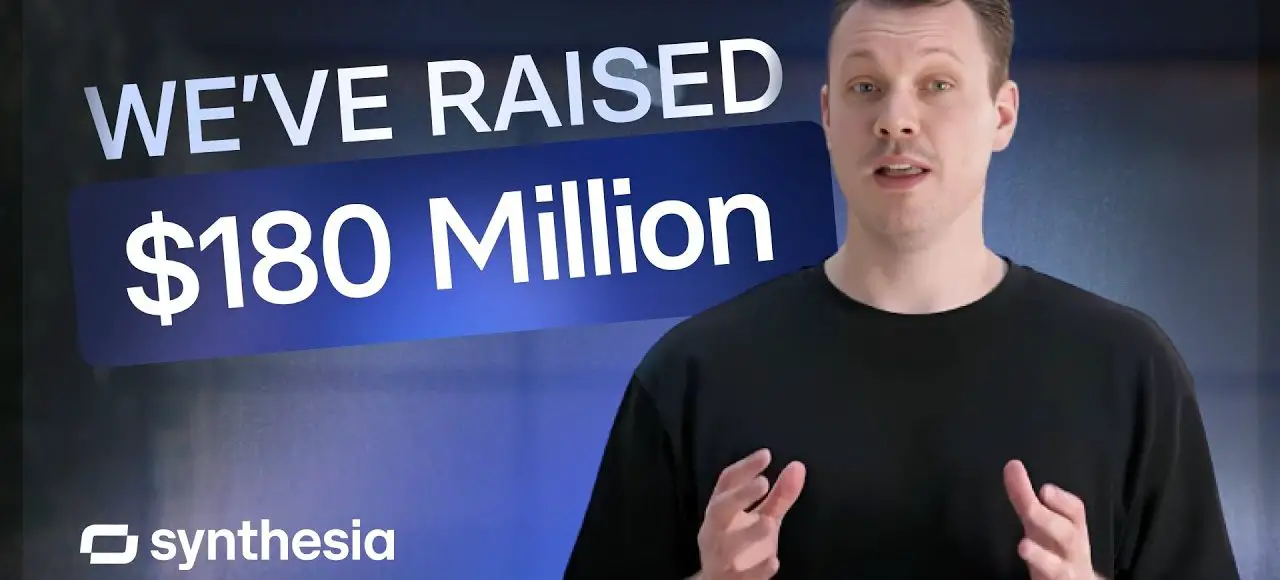Aleo Blockchain: Privacy-Preserving dApps with Zero-Knowledge
The blockchain world has long promised a decentralized future where privacy, scalability, and transparency coexist. Yet, achieving this trifecta has been a challenge for many blockchain platforms. Aleo Blockchain emerges as a solution, leveraging zero-knowledge cryptography to empower developers with tools for building truly private, scalable dApps. This article explores Aleo's unique features, developer ecosystem, and real-world applications while offering insights into its significance in shaping the next era of decentralized applications. What is Aleo Blockchain? Aleo Blockchain is a cutting-edge Layer-1 platform designed for privacy-preserving decentralized applications (dApps). Unlike traditional blockchains, which record every transaction detail on-chain, Aleo employs zero-knowledge proofs to ensure data privacy while maintaining verifiability. This means users can interact with dApps without exposing their sensitive information, a game-changer in the privacy-centric Web3 landscape. Aleo achieves this through its innovative approach, where computations are executed off-chain, and only succinct proofs of these computations are recorded on-chain. This design not only safeguards privacy but also enhances scalability, making Aleo a robust platform for the next generation of decentralized applications. With its unique balance of privacy and performance, Aleo sets a new standard for how blockchain technology can cater to real-world needs. Key Features of Aleo Aleo’s architecture is underpinned by groundbreaking technologies that make privacy and scalability a reality. Let’s dive into its core features: snarkOS: The Backbone of Privacy snarkOS is the decentralized operating system powering Aleo’s blockchain. By verifying transactions with succinct proofs, snarkOS ensures the security and integrity of the network. It reduces the computational load on the blockchain by focusing only on proof validation, thereby improving performance. The combination of Proof of Stake (PoS) and Proof of Work (PoW) offers a robust hybrid consensus mechanism that prioritizes both decentralization and efficiency. This architecture ensures that Aleo can maintain its decentralized nature without compromising on speed or scalability. snarkVM: Off-Chain Efficiency snarkVM is Aleo’s virtual machine that handles computationally intensive tasks off-chain. This approach reduces on-chain congestion, allowing the blockchain to operate efficiently even under heavy usage. Developers benefit from faster deployment of dApps and lower transaction fees, while users enjoy seamless interactions. By leveraging snarkVM, Aleo addresses one of the major bottlenecks in blockchain technology: the balance between computational intensity and network efficiency. This off-chain computation also ensures the blockchain remains light and adaptable. Leo: Simplifying Private App Development Leo, Aleo’s domain-specific programming language, is designed for developers who want to build private dApps without deep knowledge of cryptography. Built on Rust, Leo abstracts the complexities of zero-knowledge proof generation, enabling efficient and secure dApp creation. Developers can focus on innovating their applications instead of wrestling with technical intricacies, thereby accelerating the development process. With Leo, Aleo opens the doors to a broader range of developers, encouraging them to create applications that are not only private but also highly functional. Tools and Ecosystem Aleo’s ecosystem is rich with tools that empower developers and enhance user experience: Leo Wallet: Privacy in Your Hands The Leo Wallet allows users to transact securely and privately. With its intuitive interface, users can manage their Aleo accounts and interact with dApps seamlessly. It provides a user-friendly gateway to Aleo’s ecosystem, ensuring that even newcomers can benefit from blockchain privacy. Beyond simple transactions, the wallet also supports program deployment, making it an essential tool for developers. Its design aligns perfectly with Aleo’s vision of empowering users with both privacy and accessibility. Aleo Name Service (ANS): Simplifying Blockchain Addresses ANS transforms complex blockchain addresses into readable, user-friendly names. This enhances user accessibility and reduces the risks of errors in transactions. It ensures that users can transact with confidence, knowing they are interacting with the correct counterpart. ANS also plays a critical role in reducing the technical barrier for new users entering the blockchain space. By prioritizing user experience, Aleo reinforces its commitment to making privacy-friendly technology accessible to all. AlphaSwap and Verulink Bridge AlphaSwap enables private token swaps, ensuring user privacy throughout the process. This decentralized exchange ensures that sensitive transaction details remain confidential

The blockchain world has long promised a decentralized future where privacy, scalability, and transparency coexist. Yet, achieving this trifecta has been a challenge for many blockchain platforms. Aleo Blockchain emerges as a solution, leveraging zero-knowledge cryptography to empower developers with tools for building truly private, scalable dApps. This article explores Aleo's unique features, developer ecosystem, and real-world applications while offering insights into its significance in shaping the next era of decentralized applications.
What is Aleo Blockchain?
Aleo Blockchain is a cutting-edge Layer-1 platform designed for privacy-preserving decentralized applications (dApps). Unlike traditional blockchains, which record every transaction detail on-chain, Aleo employs zero-knowledge proofs to ensure data privacy while maintaining verifiability. This means users can interact with dApps without exposing their sensitive information, a game-changer in the privacy-centric Web3 landscape.
Aleo achieves this through its innovative approach, where computations are executed off-chain, and only succinct proofs of these computations are recorded on-chain. This design not only safeguards privacy but also enhances scalability, making Aleo a robust platform for the next generation of decentralized applications. With its unique balance of privacy and performance, Aleo sets a new standard for how blockchain technology can cater to real-world needs.
Key Features of Aleo
Aleo’s architecture is underpinned by groundbreaking technologies that make privacy and scalability a reality. Let’s dive into its core features:
snarkOS: The Backbone of Privacy
snarkOS is the decentralized operating system powering Aleo’s blockchain. By verifying transactions with succinct proofs, snarkOS ensures the security and integrity of the network. It reduces the computational load on the blockchain by focusing only on proof validation, thereby improving performance. The combination of Proof of Stake (PoS) and Proof of Work (PoW) offers a robust hybrid consensus mechanism that prioritizes both decentralization and efficiency. This architecture ensures that Aleo can maintain its decentralized nature without compromising on speed or scalability.
snarkVM: Off-Chain Efficiency
snarkVM is Aleo’s virtual machine that handles computationally intensive tasks off-chain. This approach reduces on-chain congestion, allowing the blockchain to operate efficiently even under heavy usage. Developers benefit from faster deployment of dApps and lower transaction fees, while users enjoy seamless interactions. By leveraging snarkVM, Aleo addresses one of the major bottlenecks in blockchain technology: the balance between computational intensity and network efficiency. This off-chain computation also ensures the blockchain remains light and adaptable.
Leo: Simplifying Private App Development
Leo, Aleo’s domain-specific programming language, is designed for developers who want to build private dApps without deep knowledge of cryptography. Built on Rust, Leo abstracts the complexities of zero-knowledge proof generation, enabling efficient and secure dApp creation. Developers can focus on innovating their applications instead of wrestling with technical intricacies, thereby accelerating the development process. With Leo, Aleo opens the doors to a broader range of developers, encouraging them to create applications that are not only private but also highly functional.
Tools and Ecosystem
Aleo’s ecosystem is rich with tools that empower developers and enhance user experience:
Leo Wallet: Privacy in Your Hands
The Leo Wallet allows users to transact securely and privately. With its intuitive interface, users can manage their Aleo accounts and interact with dApps seamlessly. It provides a user-friendly gateway to Aleo’s ecosystem, ensuring that even newcomers can benefit from blockchain privacy. Beyond simple transactions, the wallet also supports program deployment, making it an essential tool for developers. Its design aligns perfectly with Aleo’s vision of empowering users with both privacy and accessibility.
Aleo Name Service (ANS): Simplifying Blockchain Addresses
ANS transforms complex blockchain addresses into readable, user-friendly names. This enhances user accessibility and reduces the risks of errors in transactions. It ensures that users can transact with confidence, knowing they are interacting with the correct counterpart. ANS also plays a critical role in reducing the technical barrier for new users entering the blockchain space. By prioritizing user experience, Aleo reinforces its commitment to making privacy-friendly technology accessible to all.
AlphaSwap and Verulink Bridge
AlphaSwap enables private token swaps, ensuring user privacy throughout the process. This decentralized exchange ensures that sensitive transaction details remain confidential while maintaining transparency for the network. The Verulink Bridge connects Aleo with other blockchains, such as Ethereum, facilitating seamless transfers of tokens like ALEO USDT. This interoperability enhances Aleo’s ecosystem, allowing users and developers to benefit from a multi-chain environment without compromising on privacy.
Real-World Applications of Aleo
Aleo’s privacy-first architecture makes it ideal for various use cases across industries:
Decentralized Finance (DeFi)
Aleo is revolutionizing DeFi by enabling private transactions such as lending, borrowing, and trading. Users can engage with financial services without exposing sensitive data, fostering a new level of trust and security in DeFi ecosystems. For instance, sensitive loan details can be verified without disclosing personal information, ensuring compliance with privacy regulations. By enhancing trust in DeFi, Aleo could pave the way for mainstream adoption of decentralized financial services.
Gaming: Confidentiality and Fairness
In blockchain gaming, Aleo allows game logic and player actions to remain private while being verifiable. This ensures fair gameplay and reduces opportunities for exploitation. Players can enjoy secure interactions without worrying about their strategies or moves being publicly visible. Aleo’s gaming solutions also enhance player satisfaction by ensuring that their privacy is respected, creating a new standard for blockchain-based gaming experiences.
Identity Management
Aleo simplifies identity verification processes by proving attributes like age or nationality without disclosing personal information. This is particularly valuable in industries like healthcare and finance. For example, users can prove they are of legal age for a service without revealing their birthdate, safeguarding their identity. Such applications have the potential to transform how businesses handle sensitive customer data, reducing risks and improving compliance with privacy laws.
Why Aleo Stands Out
Privacy is a critical aspect of blockchain technology, and Aleo sets itself apart with its integration of zero-knowledge cryptography. Compared to other privacy-focused platforms, Aleo excels in scalability, developer accessibility, and real-world applicability. While some platforms sacrifice performance for privacy, Aleo achieves both through its hybrid consensus mechanism and off-chain computation model.
The use of Leo programming language enables developers to create sophisticated dApps without requiring cryptographic expertise. This lowers the entry barrier for innovation, attracting a diverse range of developers to the platform. Additionally, Aleo’s ability to integrate seamlessly with other blockchains ensures its relevance in a rapidly evolving multi-chain ecosystem.
The Future of Aleo
As Web3 continues to evolve, privacy and scalability will become even more critical. Aleo is well-positioned to lead this transformation by providing the tools and infrastructure needed to build the next generation of private, scalable dApps. Whether it's revolutionizing DeFi, enabling private gaming, or securing identity management systems, Aleo is poised to play a pivotal role in shaping the future of blockchain technology.
With its focus on empowering developers and safeguarding users, Aleo is not just a platform but a movement toward a more private and secure decentralized world. Its ongoing innovations ensure that it remains at the forefront of blockchain advancements.
Conclusion
Aleo Blockchain is not just another Layer-1 platform; it’s a paradigm shift in how we approach privacy and scalability in decentralized systems. By leveraging zero-knowledge cryptography and innovative tools like snarkOS and Leo, Aleo empowers developers to create dApps that prioritize user privacy without compromising performance. As blockchain technology matures, Aleo’s unique approach ensures it will remain a cornerstone of the decentralized future.
Explore Aleo today and join the movement to redefine privacy in the blockchain era.






















